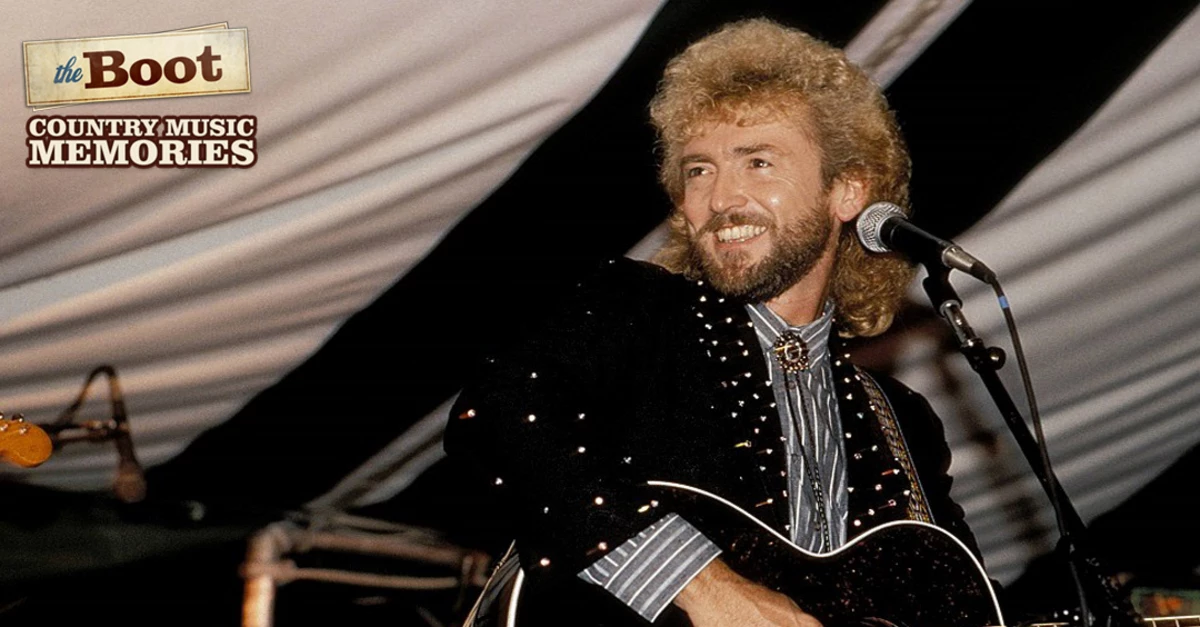
Silence Speaks the Loudest Truths in Matters of the Heart
Upon its release in 1988, Keith Whitley’s “When You Say Nothing at All” climbed gracefully to the pinnacle of the Billboard Hot Country Singles chart, securing the No. 1 spot and etching itself permanently into the canon of country music’s most poignant ballads. Featured on Whitley’s landmark album Don’t Close Your Eyes, this song would become more than just a hit—it would be a defining testament to the quiet power of intimacy and an enduring elegy to a voice silenced too soon.
Crafted by the songwriting duo Paul Overstreet and Don Schlitz, both master craftsmen of lyrical subtlety, “When You Say Nothing at All” is a rare kind of love song—one that reveres restraint over revelation. Rather than exalt grand declarations or sweeping gestures, it finds its soul in stillness. The lyrics wrap around you like a soft blanket on a cool Southern evening: “It’s amazing how you can speak right to my heart / Without saying a word, you can light up the dark.” It is in this gentle embrace that the song finds its transcendent emotional weight.
What makes Whitley’s interpretation so unforgettable is not merely his warm, bourbon-smooth voice—though that alone could carry any lyric across generations—but his profound understanding of the unspoken. There’s a lonesome ache beneath every phrase he utters, a vulnerability that feels both lived-in and immediate. Whitley was no stranger to emotional turbulence, and that fragility bleeds through each note, making this song feel less like a performance and more like a confession murmured in the dark.
Musically, the arrangement is modest—a restrained acoustic guitar, soft piano touches, steel guitar flourishes—but its simplicity is intentional. Like the lyrics it supports, the instrumentation refuses to shout; instead, it leans into nuance. Every pause carries weight; every silence resonates with meaning. This deliberate quietude allows Whitley’s voice to guide the listener through an emotional topography that is at once personal and universal.
The cultural legacy of “When You Say Nothing at All” is one of rare permanence. After Whitley’s untimely death in 1989, the song found new life through covers by Alison Krauss in 1995 and Ronan Keating in 1999, each reimagining offering tribute while affirming the song’s timeless appeal. Yet it is Whitley’s original rendition that remains definitive—not just because it came first, but because it captured something ineffable: love’s quiet language spoken without words.
In an era often defined by excess and spectacle, Keith Whitley gave us a ballad that dared to whisper—and by doing so, spoke directly to our souls.